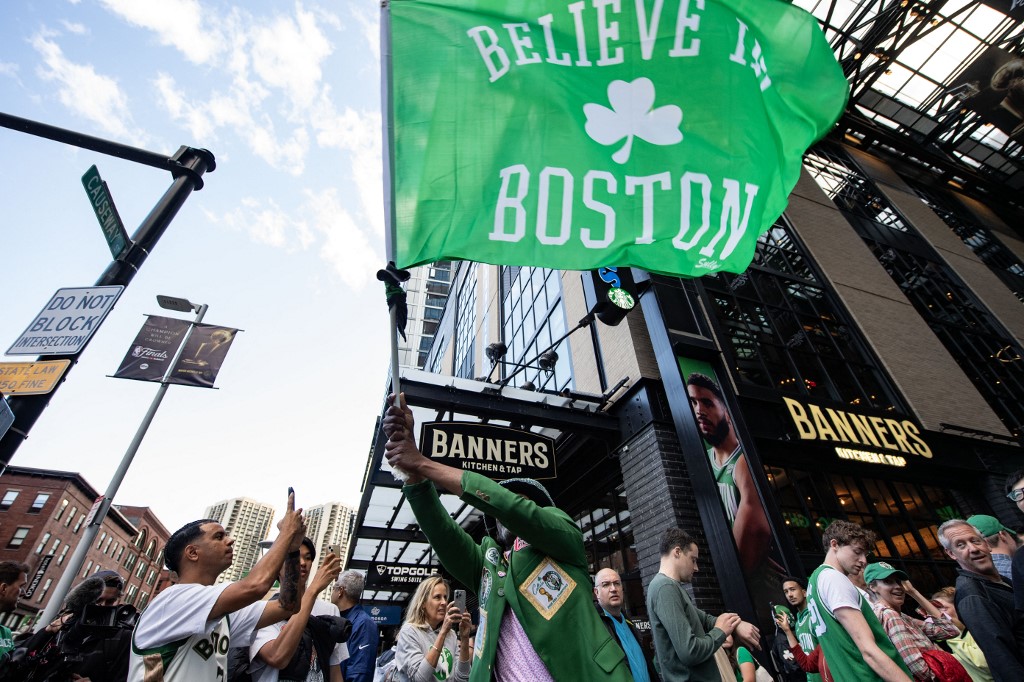Massachusetts Casino Revenue Narrowly Increases While iGaming Debate Ensues
-
Bookmakers Review
- July 27, 2025

Massachusetts experienced a small uptick in casino revenue in June compared to last year, but the debate rages as to whether the Bay State will pursue online casino gambling.
Casino Revenues Increase
The Massachusetts Gaming Commission (MGC) reported that casinos’ gross gaming revenues in June were up 1.7% over June 2024. Massachusetts’ three commercial casinos reported gross gaming revenue of $97.7 million in June, which increased slightly from the $96.1 million they reported last year.
It is a small win for land-based casinos in the Bay State, with slot play dictating the pace, an increase of $3.2 million from last year’s $66.2 million to this year’s $68.4 million. However, table games’ GGR was down slightly from $29.9 million to $29.3 million.
Overall, it was a bit better for the casino operators, including the Encore Boston Harbor in Everett, just 10 minutes south of Boston, as well as the MGM Springfield and Plainridge Park, both located in the western part of the state.
Despite leading the way in gross gaming revenue with a whopping $60.2 million of the $97.7 million GGR total, the Encore showed a slight decline from $60.4 million last June to $60.2 million this June. The MGM Springfield reported $22.8 million, increasing from $21.9 million year-over-year, while Plainridge Park increased from $13.8 million in June 2024 to $14.6 million this year.
Will Massachusetts Join the Online Casino Gambling Club?
Two iGaming bills, one by Senator Paul Feeney, sponsoring Senate Bill 235, and the other by Representative Daniel Cahill, authoring House Bill 332, are both stuck in the Joint Committee on Consumer Protection and Professional Licensure. Although both have remained in the committee since February, the topic of online casino gaming was first broached in the state in 2023.
Massachusetts Historically Slow to Embrace Gambling
Massachusetts’ legislative session wraps up on November 19th; therefore, the bills are not dead, but Massachusetts has traditionally taken a cautious and lengthy approach to gambling, with commercial casinos only allowed in 2011 after several years of deliberation, and the mobile sports betting industry took a similar path before being launched in March 2023.
Currently, only seven US states have launched iGaming, including New Jersey, Delaware, West Virginia, Pennsylvania, Michigan, Connecticut, and Rhode Island. The Seminole Tribe, through its Hard Rock Bet, has also launched online casino gaming through a compact with the state but retains exclusivity over the industry, with no commercial casinos allowed to offer its digital gaming version.
Proposal Includes 10 Licenses and 20% Tax
The bills, as presently constructed, seek a 20% tax on iGaming revenues and would offer a total of 10 licenses, with six being tethered to one of the state’s three commercial casinos (two licenses each) while four would be untethered. Untethered licenses are preferable, as the platform providers do not have to share revenues with the casinos, but they would also be absent from the advertising access that those casinos provide via a partnership.
Despite iGaming being far more lucrative than mobile sports betting, legislators have been reticent to endorse it due to fears of addiction and cannibalization of land-based casinos that not only pay heavy taxes but also provide political support.
David Prestwood, a government affairs manager at DraftKings, asserted that iGaming would generate $275 million in annual tax revenue for the state.
“This money may be especially critical for Massachusetts in the face of anticipated federal funding cuts and reductions in state and local aid,” Prestwood said at last month’s hearing.
Future of iGaming in Massachusetts Still Uncertain
Whether the bills will garner enough support to be passed by both chambers remains speculative, but Massachusetts, like many other states, is considering whether the added revenue will be worth the potential for a spike in problem gambling and the possible loss of foot traffic at area land-based casinos.






